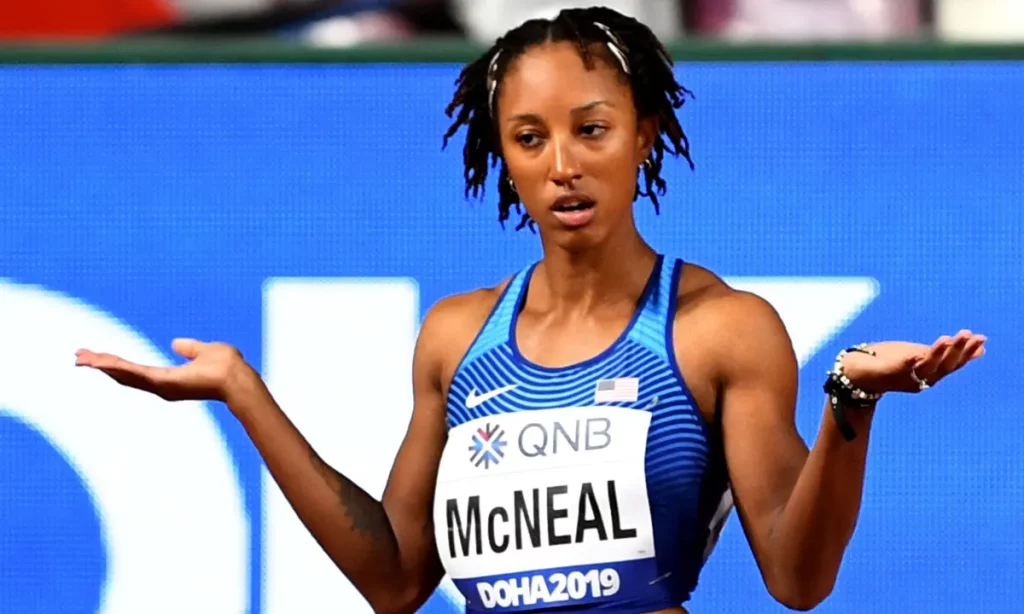Brianna McNeal’s disqualification due to a positive THC test has sparked debate over the fairness of anti-doping regulations.
American athlete Brianna McNeal has been disqualified from the 2023 USA Track and Field Indoor Championships due to a positive THC test. The disqualification has once again ignited the debate over the fairness of anti-doping regulations.
McNeal, a world champion hurdler, had a valid medical cannabis prescription, which she had disclosed to officials prior to the event. Nevertheless, she was stripped of her national title, sparking widespread criticism and calls for reform of anti-doping policies.
Advocates for cannabis reform argue that the current anti-doping regulations are outdated and unfairly target athletes who use cannabis for medical or recreational purposes. They argue that cannabis is not a performance-enhancing drug and should not be treated as such. In fact, THC has been shown to have little to no effect on athletic performance and may even impair it. One study published in the journal Sports Medicine found that acute cannabis use did not enhance exercise performance, and in some cases, may even have impaired it.
The argument that THC should be considered a performance-enhancing drug is particularly interesting given the wealth of evidence showing that cannabis can have negative effects on coordination, reaction time, and other factors that are critical to athletic performance. Like the stereotype of the lazy, unmotivated stone, the idea of THC as a performance booster is simply not supported by data. A 2018 study published in the journal Drug and Alcohol Dependence found that frequent cannabis users did not exhibit any significant differences in motivation compared to non-users.
So what is keeping the plant under such tight restrictions?
Opponents of cannabis use often cite the so-called gateway theory, which suggests that using cannabis can lead to the use of harder drugs. However, just as is the case with most antiquated cannabis views, that theory has been widely debunked by scientific research. A 2010 study published in the Journal of School Health found that the vast majority of young people who use cannabis do not go on to use harder drugs.
Concerns about the potential negative effects of cannabis on mental health are also frequently cited. While it is true that cannabis use can have negative effects on mental health in some cases, these effects are generally mild and temporary. According to the National Institute on Drug Abuse, the vast majority of people who use cannabis do not develop any significant problems related to its use.
Another common argument against cannabis use is that it is highly addictive. However, the evidence suggests that cannabis addiction is relatively rare, with only about 9% of people who use cannabis developing a dependence on the drug.
In light of these facts, it is clear that the current anti-doping regulations are in dire need of reform. Cannabis should not be considered a performance-enhancing drug, and athletes who use it for medical or recreational purposes should not be unfairly penalized. As attitudes towards cannabis continue to evolve, it is important for regulators to consider the latest scientific research and to take into account the needs and concerns of athletes. By doing so, we can create a fairer and more just sports world for all.




